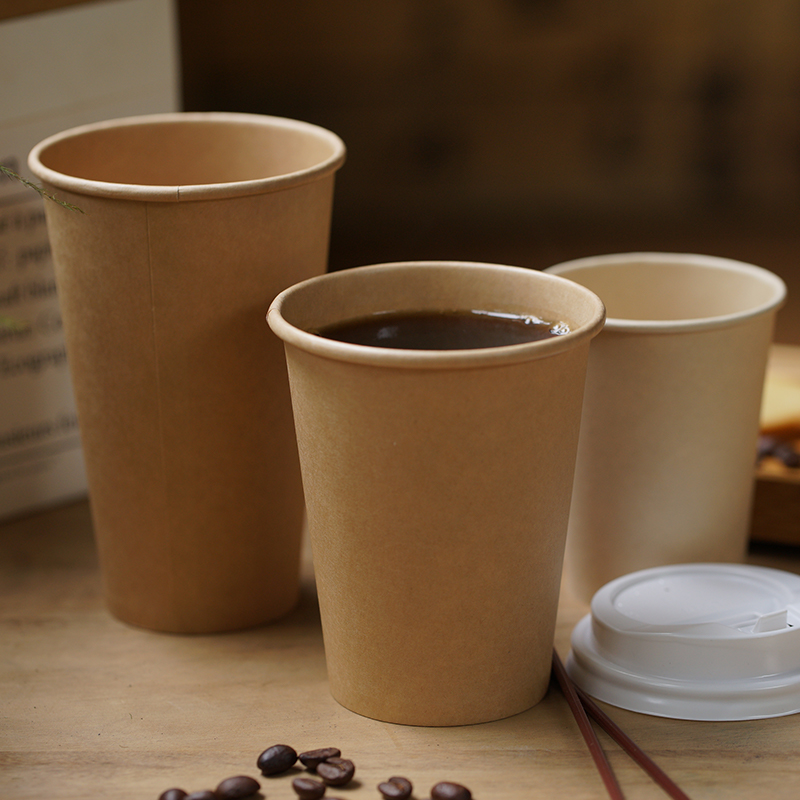
The use of single-use cups has increasingly become a significant issue for the environment. Traditional plastic and Styrofoam cups take hundreds of years to decompose, leading to significant waste accumulation and environmental pollution. In contrast, biodegradable paper cups offer a more sustainable and eco-friendly alternative.
One of the major advantages of biodegradable paper cups is their reduced impact on waste accumulation. Plastic and Styrofoam cups are non-biodegradable, which means they do not break down naturally over time. As a result, landfills become overwhelmed with these cups, leading to adverse environmental effects. On the other hand, biodegradable paper cups are created from sustainable sources such as bagasse, bamboo, or recycled paper. These materials are easily broken down by microorganisms, allowing the cups to decompose within a couple of months or even weeks. Thus, the use of biodegradable paper cups helps limit the amount of waste sent to landfills, contributing to waste reduction and management efforts.
In addition to waste reduction, the use of biodegradable paper cups also helps conserve the environment. The production and disposal of plastic cups require significant amounts of petroleum and energy, contributing to carbon emissions and climate change. Moreover, the improper disposal of plastic cups leads to pollution of water sources and ecosystems. In contrast, biodegradable paper cups have a lower environmental footprint. They typically require less energy and water during the manufacturing process and do not emit harmful gases when decomposing. Furthermore, some biodegradable paper cups are lined with a plant-based polymer coating, instead of plastic, for added insulation and leak resistance. This coating is both compostable and renewable, making the entire cup package more environmentally friendly.
Beyond environmental benefits, the use of biodegradable paper cups also promotes human health and safety. Traditional plastic cups are often made with chemicals such as BPA (bisphenol A) and phthalates, which can leach into beverages and pose health risks. These chemicals have been linked to various health problems such as hormonal disruption, reproductive issues, and cancer. Biodegradable paper cups, being free from plastic and other harmful chemicals, provide a safer option for consumers. They are also naturally heat-resistant and can be easily held without burning hands, unlike some plastic cups that require additional sleeves or holders.
Moreover, the use of biodegradable paper cups can help raise environmental awareness and promote sustainable practices. Many businesses and establishments have started adopting biodegradable paper cups as part of their eco-friendly initiatives. By using these cups, they are sending a message to their customers and employees about the importance of environmental conservation. This serves as a reminder to individuals to make conscious choices when it comes to single-use items and to reduce their overall environmental impact.
The benefits of using biodegradable paper cups are significant and wide-reaching. They contribute to waste reduction, environmental conservation, and health considerations. The decomposition process of biodegradable paper cups is much faster compared to traditional plastic cups, thus reducing the waste sent to landfills. Biodegradable paper cups also have a lower carbon footprint and are made from renewable materials, making them more environmentally friendly. Additionally, they provide a safer alternative to plastic cups, as they do not contain harmful chemicals. Overall, the use of biodegradable paper cups promotes a sustainable and environmentally conscious lifestyle.


